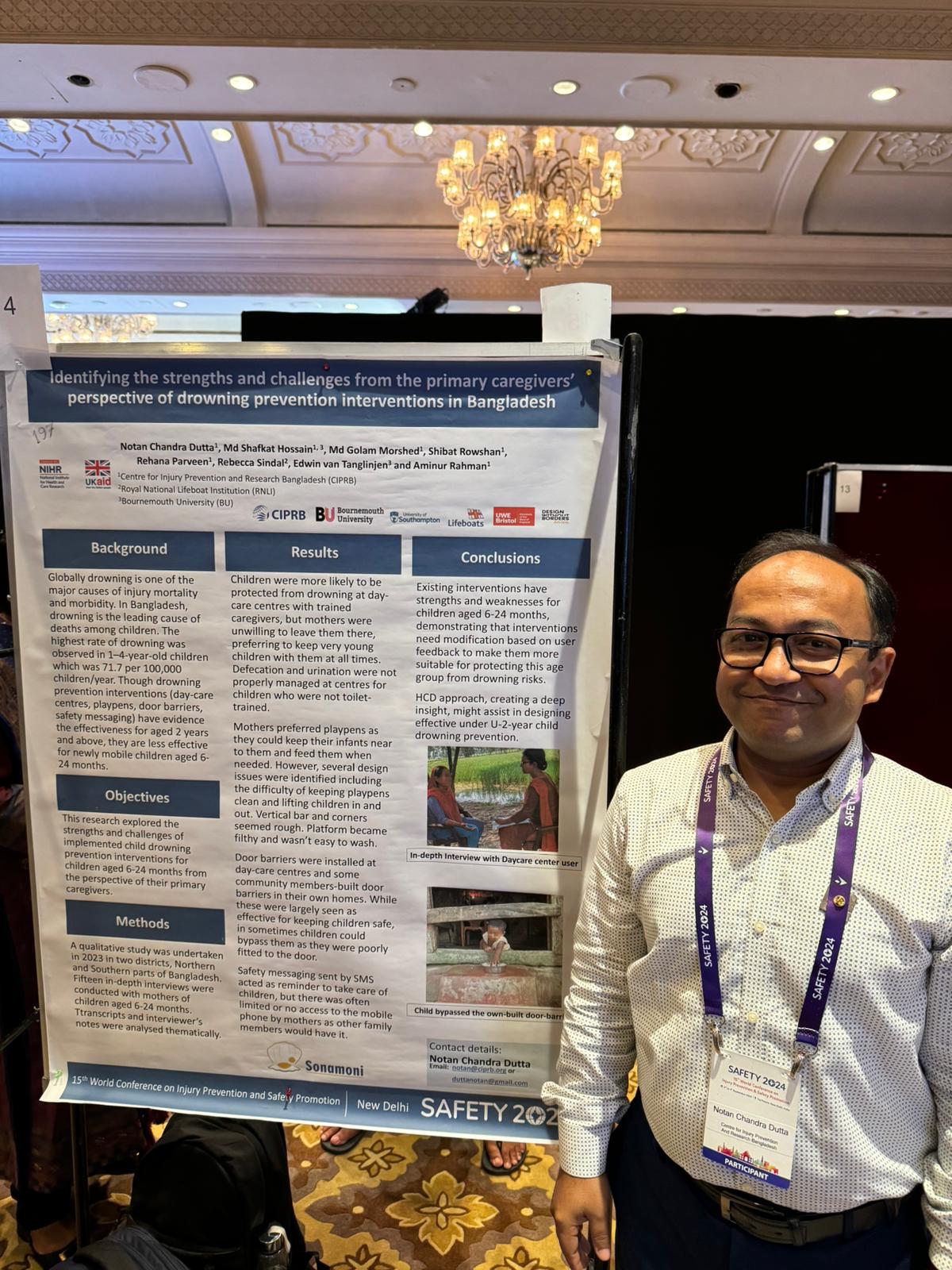 This week Notan Dutta, from our collaborating research organisation CIPRB (Centre for Injury Prevention and Research Bangladesh) presented a poster on ‘Identifying the strengths and challenges from the perspective of primary caregivers of drowning prevention interventions in Bangladesh’ at the 15th World Conference on Injury Prevention & Safety Promotion (Safety 2024). One of the co-authors of this poster presentation is Bournemouth University’s PhD student Md. Shafkat Hossain. Shafkat also attended the conference in India. Shafkat was in Delhi funded by Bloomberg Philanthropies as part of its Emerging Leaders in Drowning Prevention programme.
This week Notan Dutta, from our collaborating research organisation CIPRB (Centre for Injury Prevention and Research Bangladesh) presented a poster on ‘Identifying the strengths and challenges from the perspective of primary caregivers of drowning prevention interventions in Bangladesh’ at the 15th World Conference on Injury Prevention & Safety Promotion (Safety 2024). One of the co-authors of this poster presentation is Bournemouth University’s PhD student Md. Shafkat Hossain. Shafkat also attended the conference in India. Shafkat was in Delhi funded by Bloomberg Philanthropies as part of its Emerging Leaders in Drowning Prevention programme.  This initiative brings together a cohort of younger leaders to join national and international efforts to raise awareness and strengthen solutions and political commitment towards drowning.
This initiative brings together a cohort of younger leaders to join national and international efforts to raise awareness and strengthen solutions and political commitment towards drowning.
Our research into drowning prevention of under two-year old children in rural Bangladesh is funded by the National Institute for Health and Care Research (NIHR) through their Research and Innovation for Global Health Transformation programme.  For more information about our ongoing collaborative research in Bangladesh, please see the NIHR website. This is an interdisciplinary project between Bournemouth University, CIPRB, the RNLI (Royal National Lifeboat Institute), the University of the West of England, the University of the West of England, and Design Without Borders (DWB) in Uganda.
For more information about our ongoing collaborative research in Bangladesh, please see the NIHR website. This is an interdisciplinary project between Bournemouth University, CIPRB, the RNLI (Royal National Lifeboat Institute), the University of the West of England, the University of the West of England, and Design Without Borders (DWB) in Uganda.
Prof. Edwin van Teijlingen & Dr. Mavis Bengtsson
Centre for Midwifery & Women’s Health

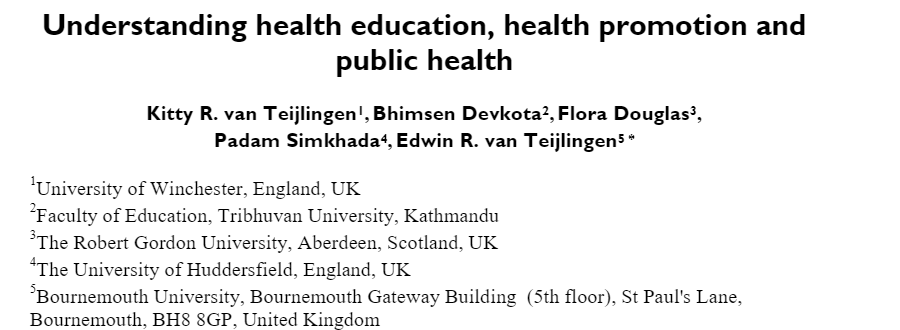
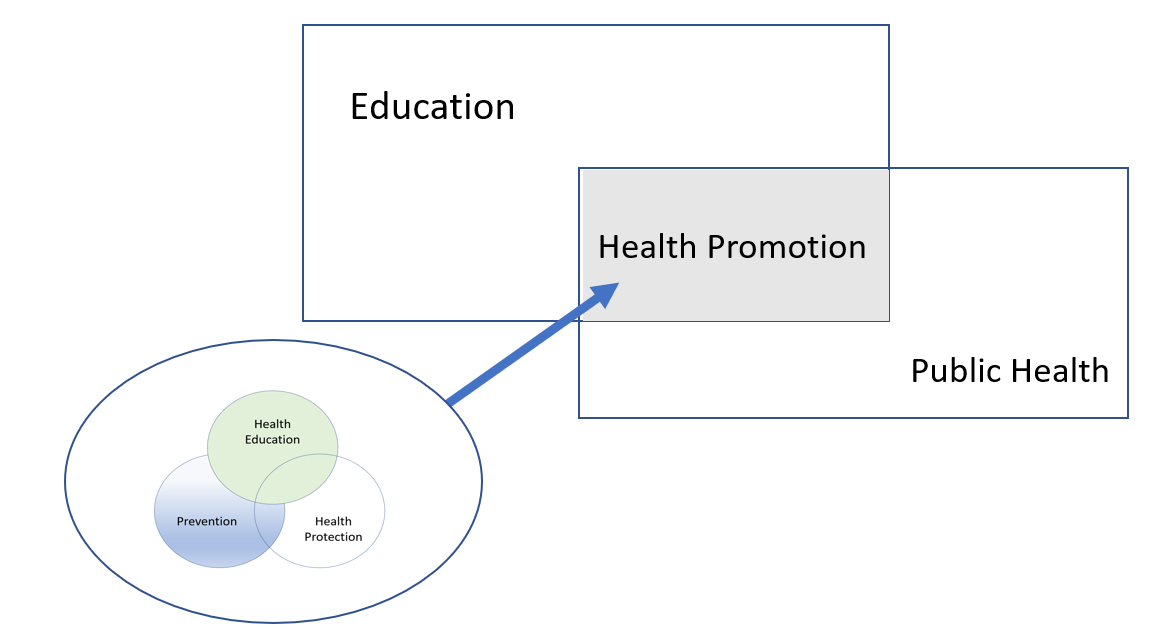



 RKEDF: Early Career Researcher Network – Introduction/New to BU
RKEDF: Early Career Researcher Network – Introduction/New to BU
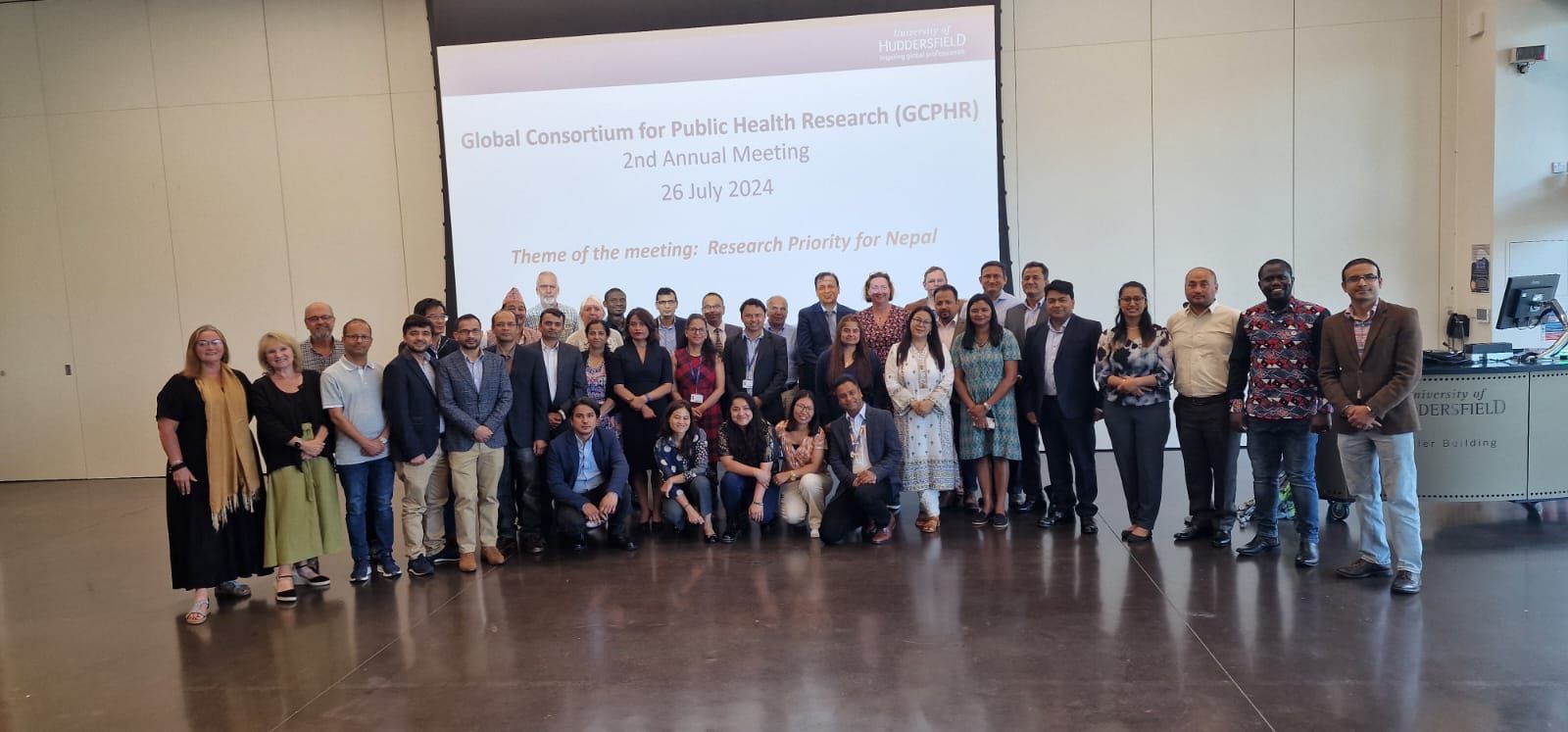
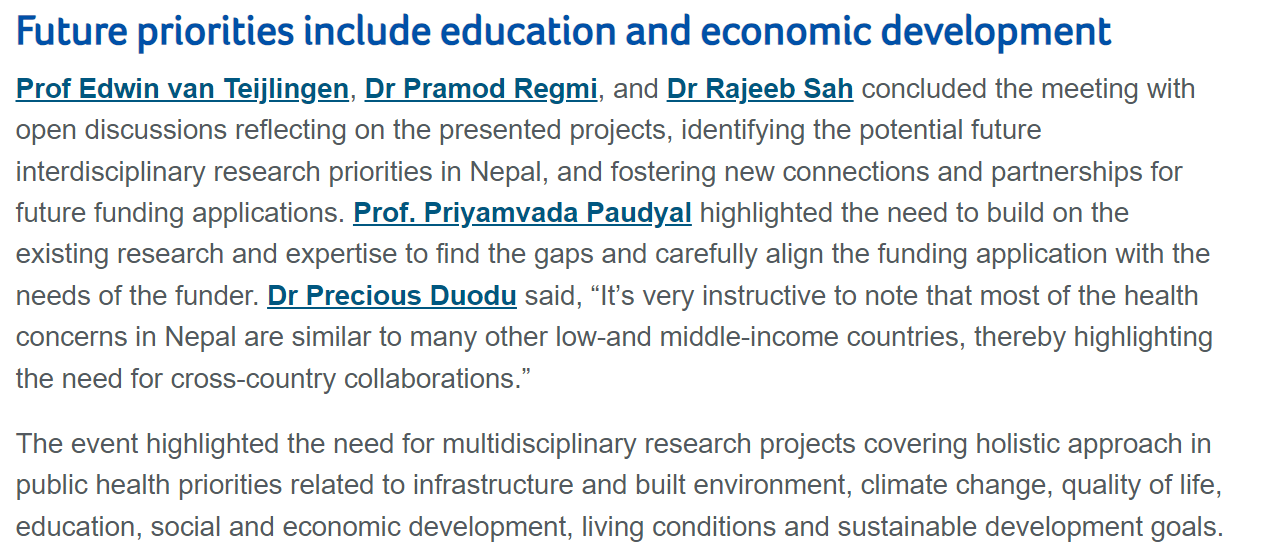
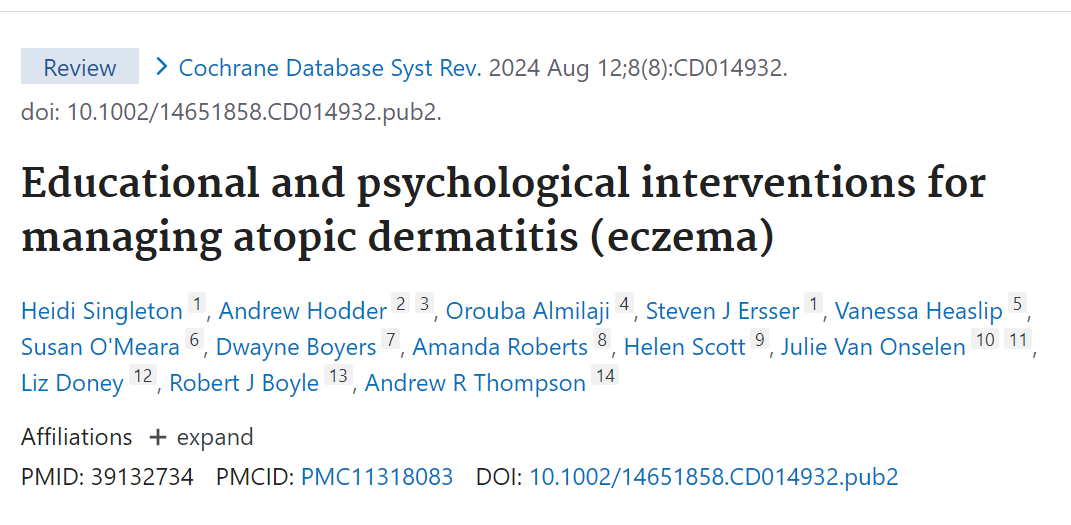
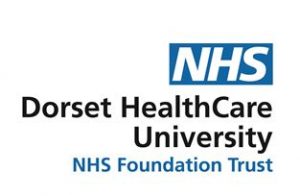

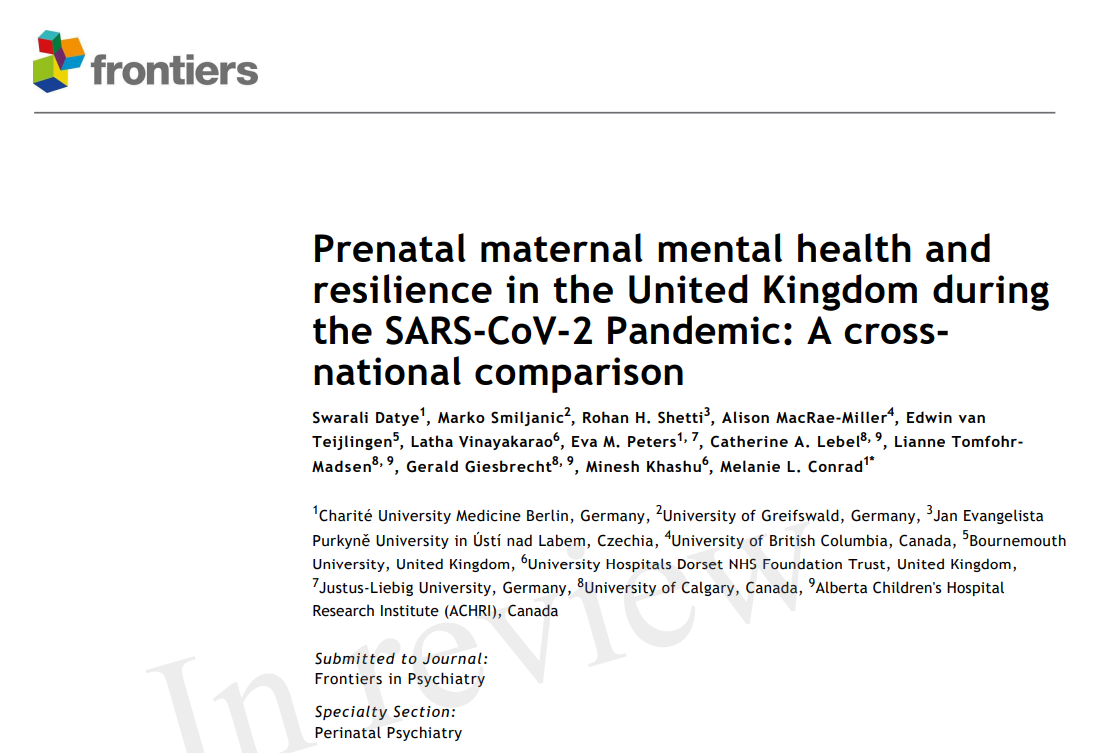


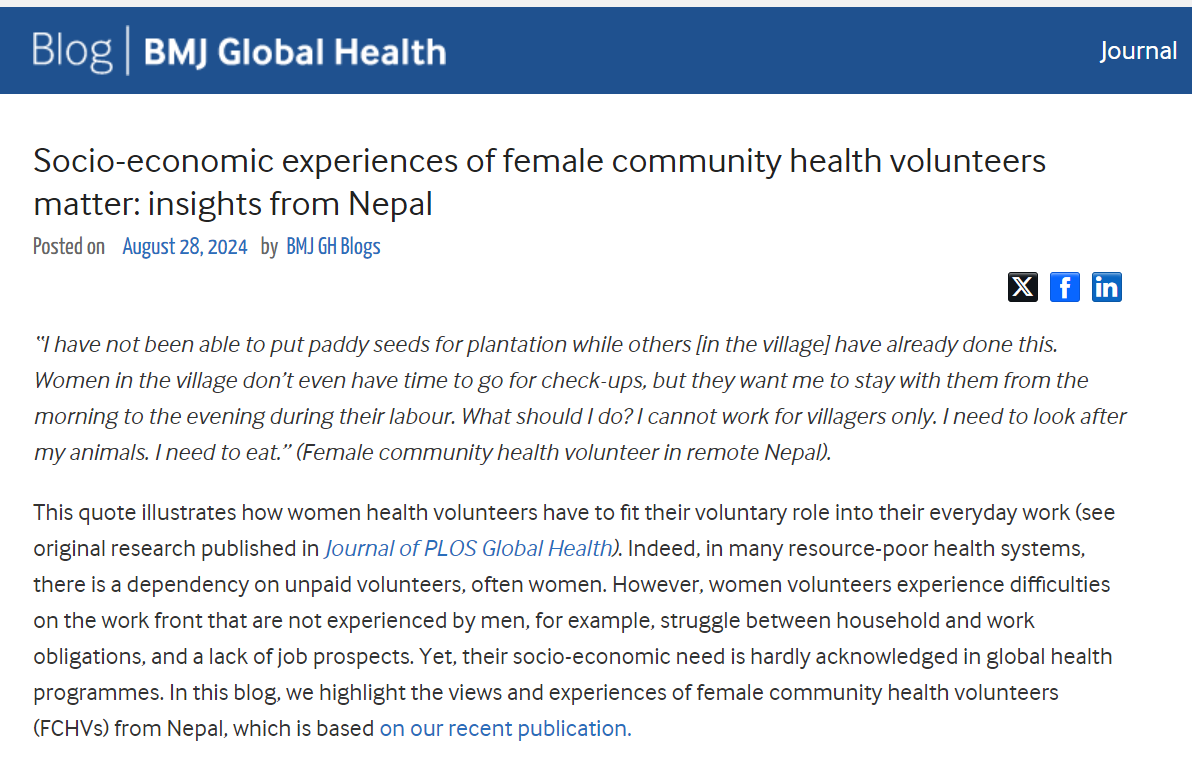
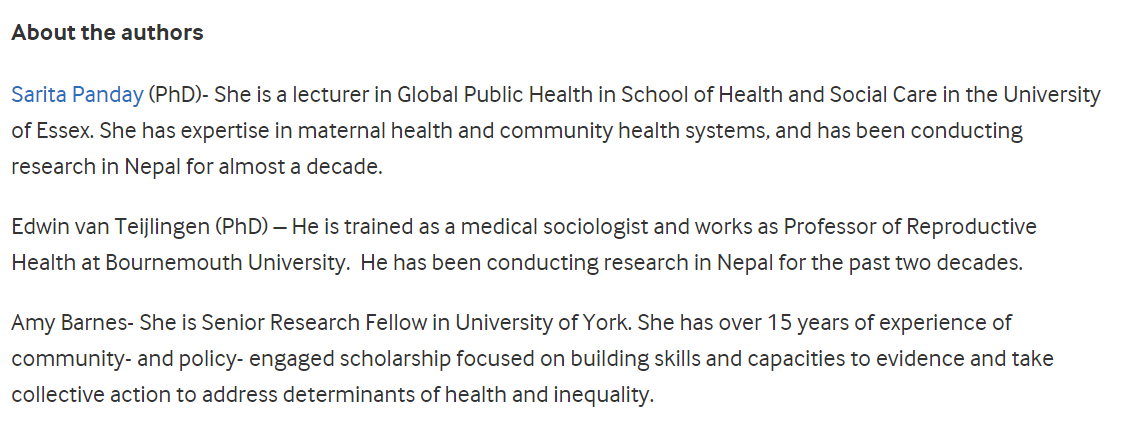
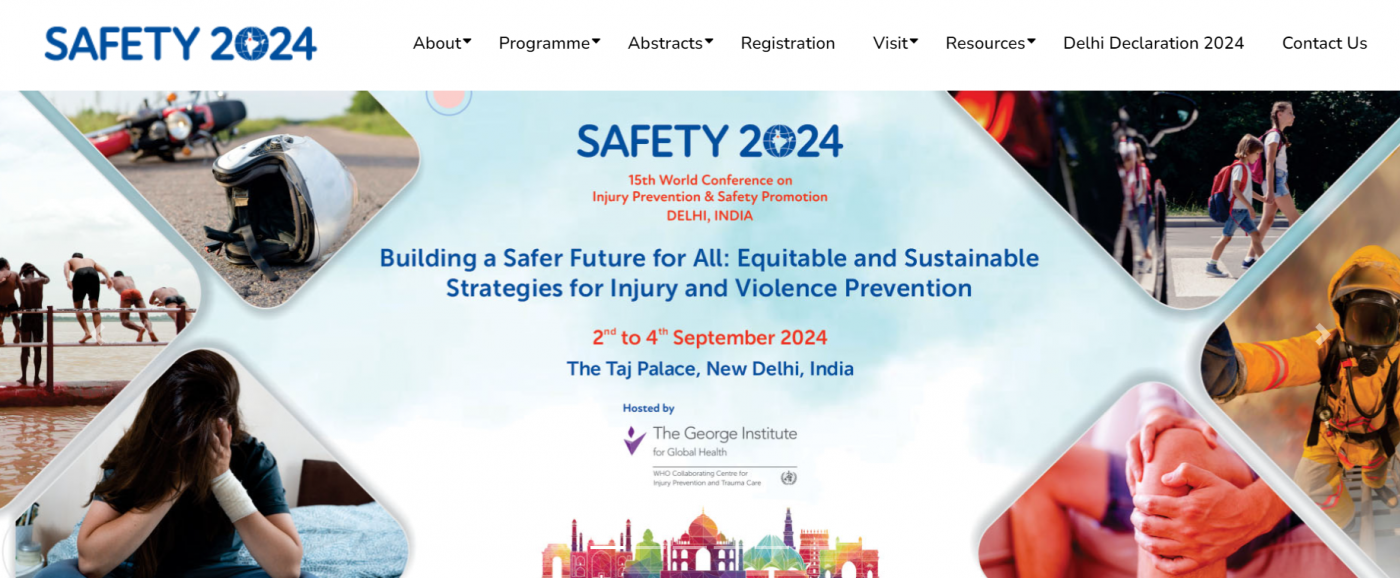
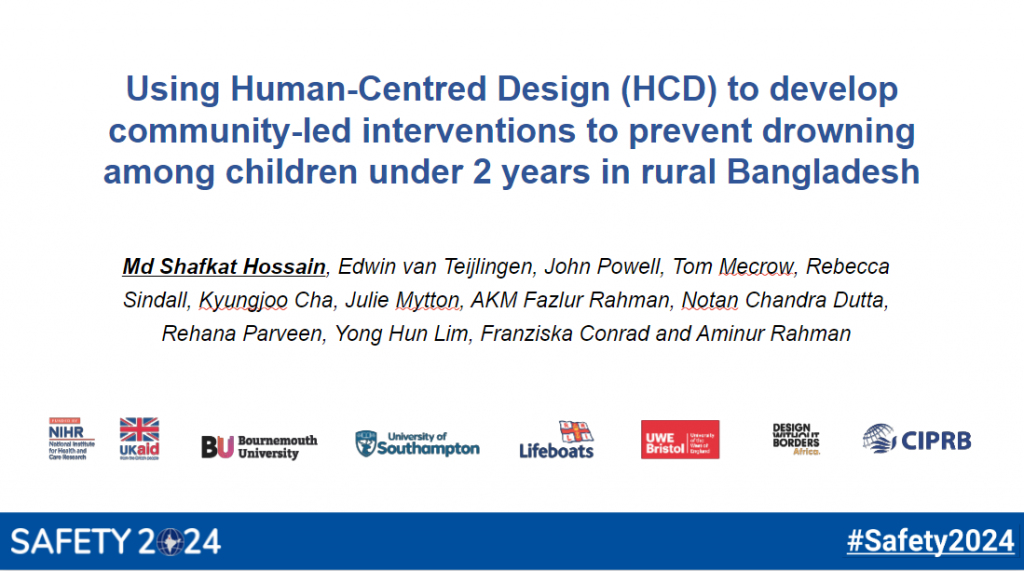
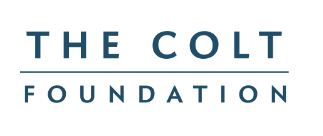

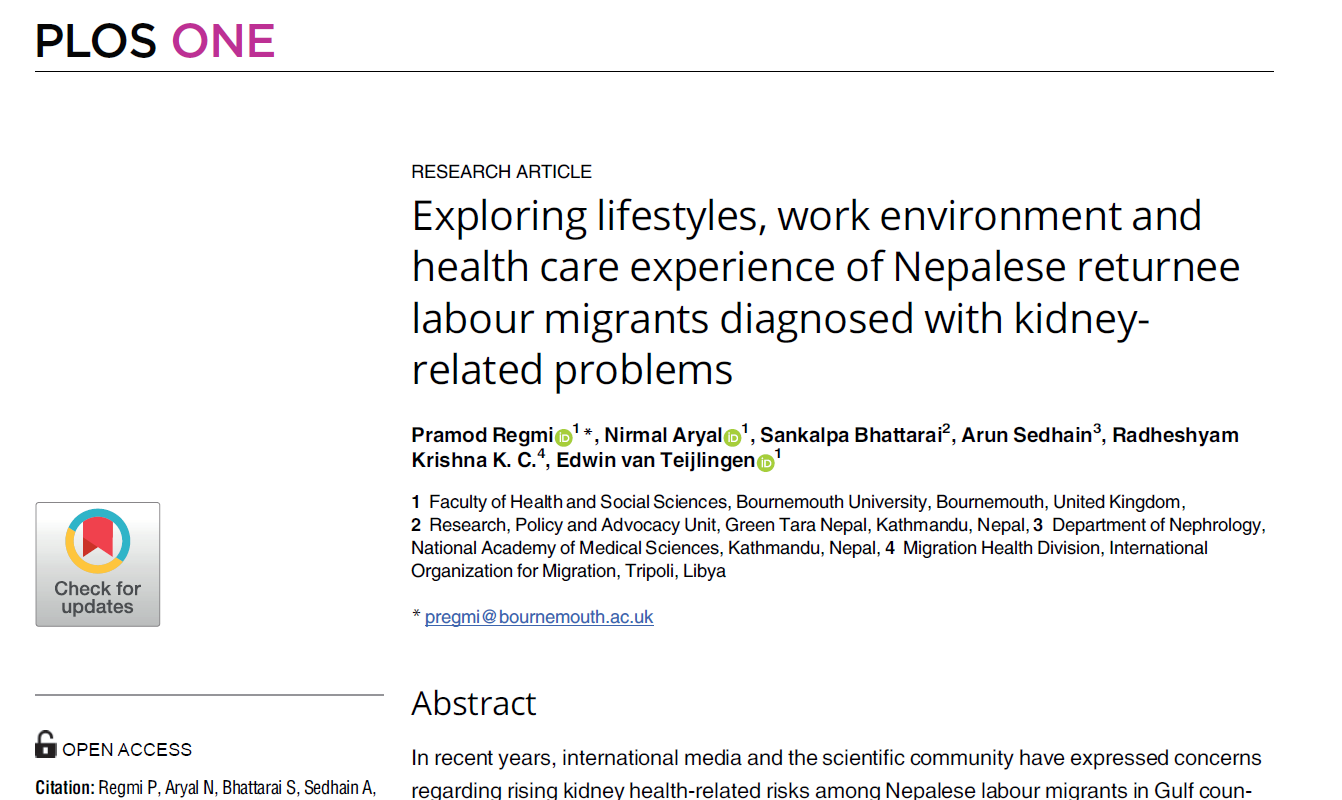

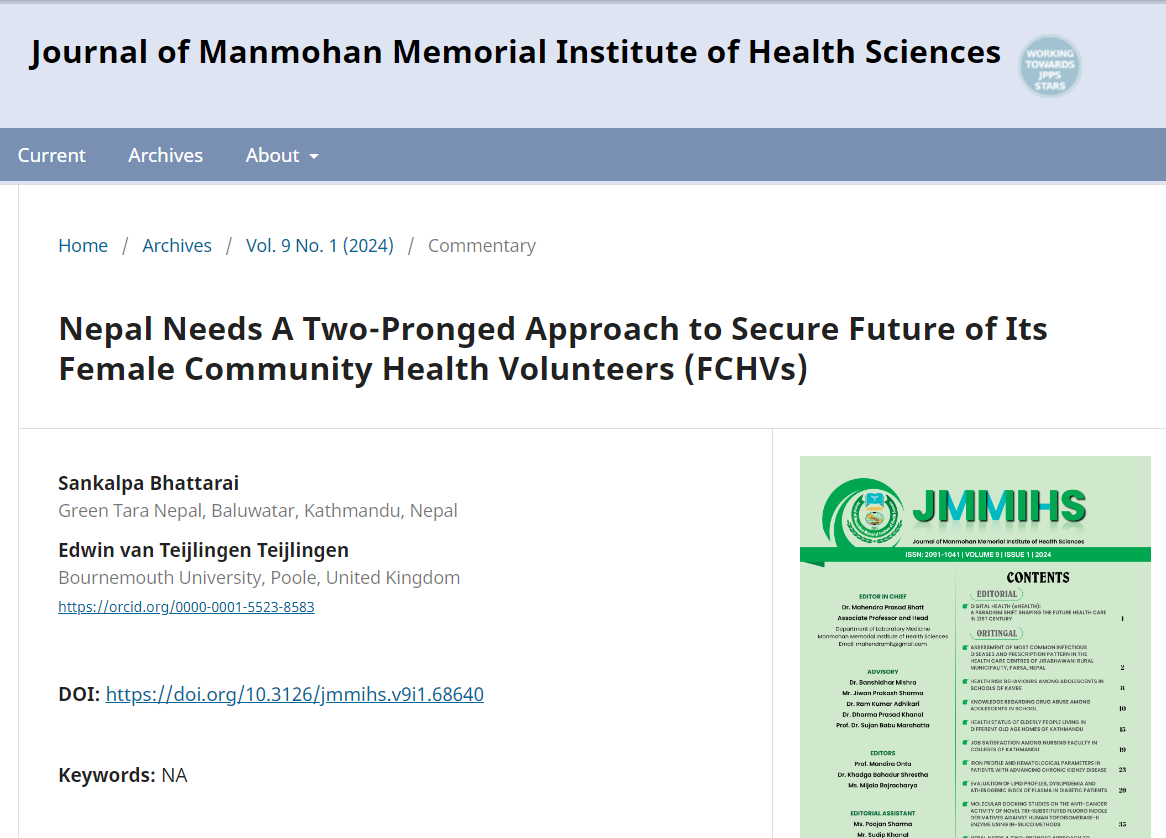
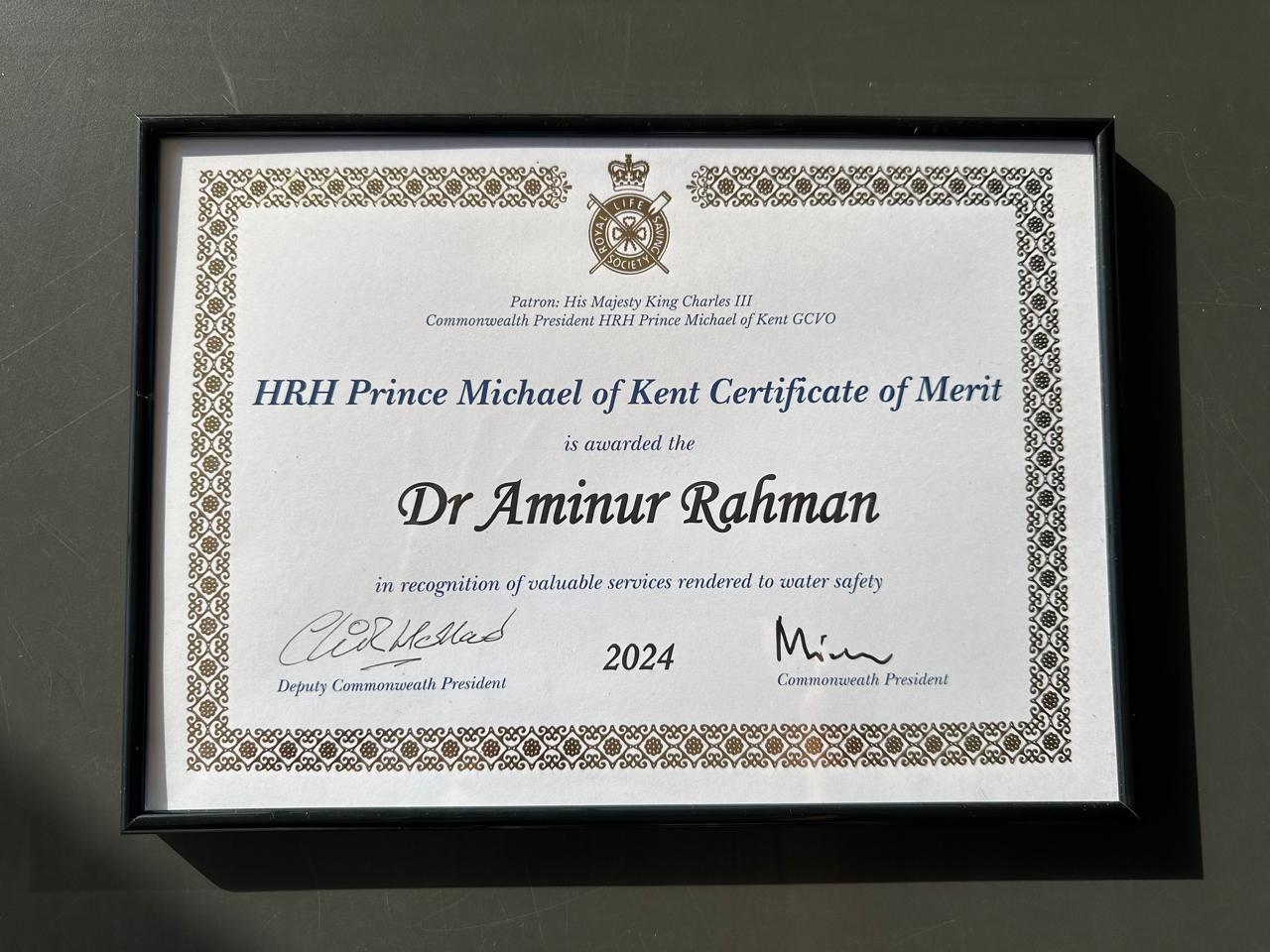
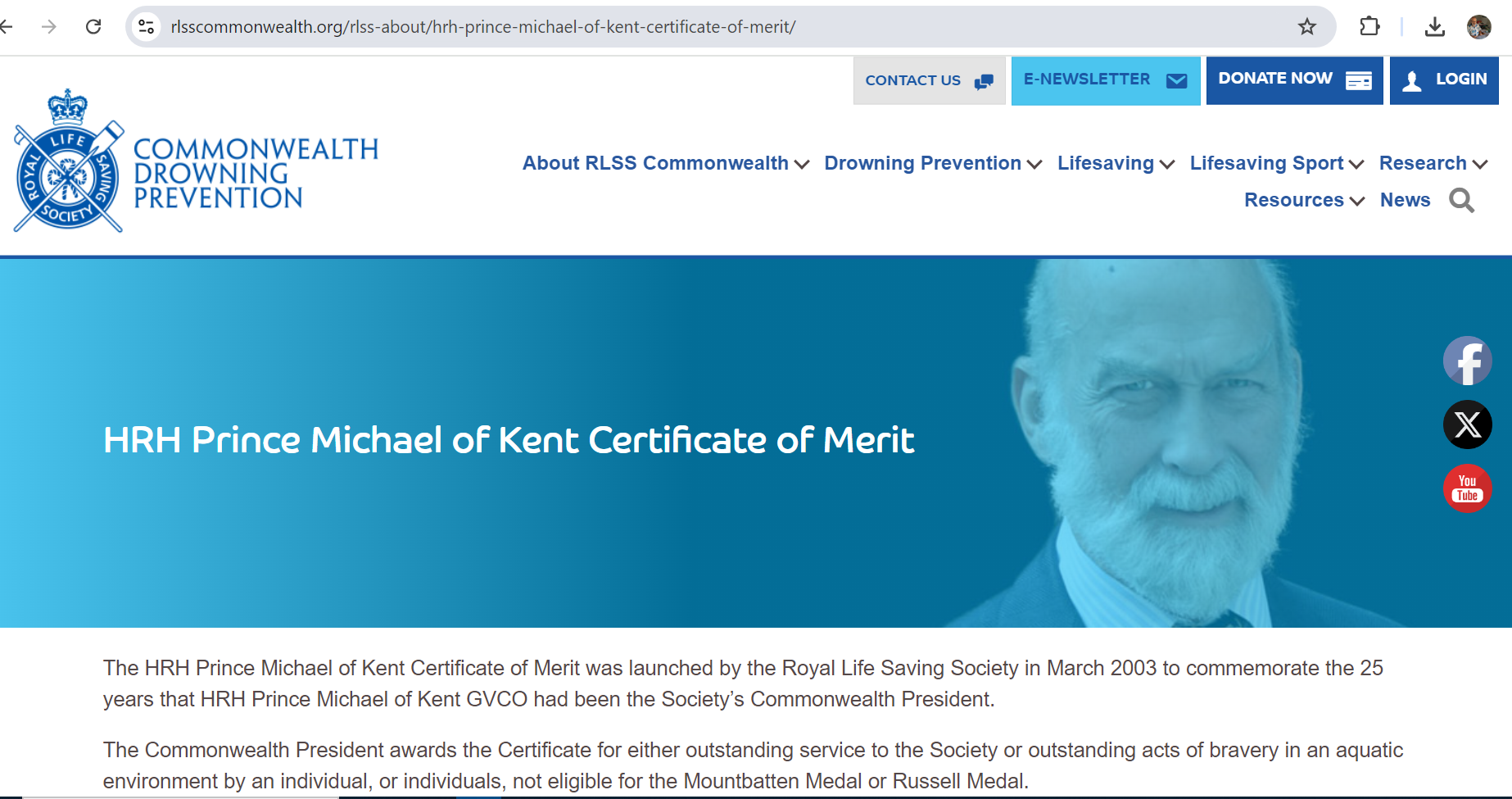


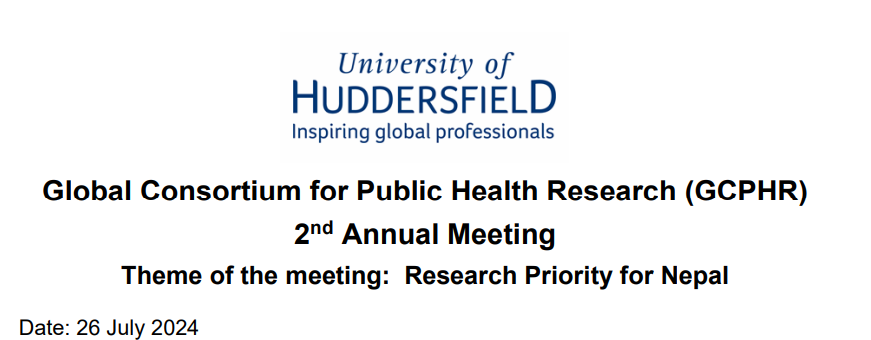
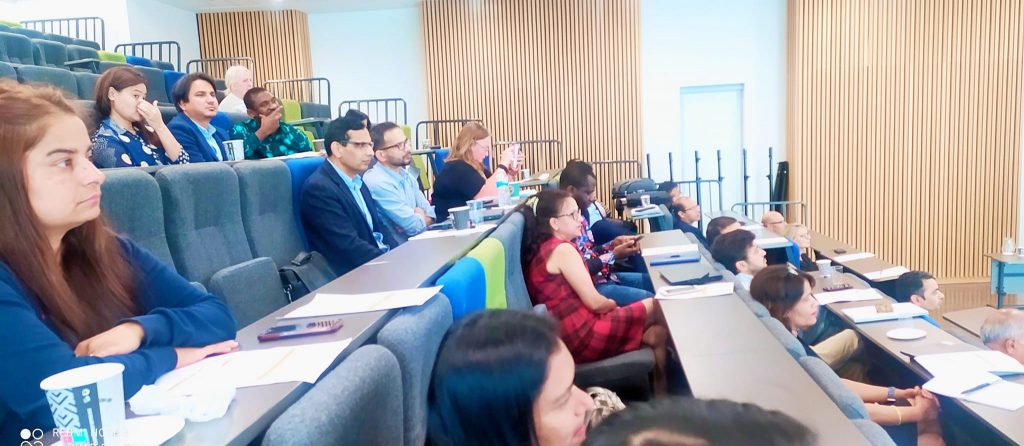











 Second NIHR MIHERC meeting in Bournemouth this week
Second NIHR MIHERC meeting in Bournemouth this week Dr. Ashraf cited on ‘Modest Fashion’ in The Guardian
Dr. Ashraf cited on ‘Modest Fashion’ in The Guardian NIHR-funded research launches website
NIHR-funded research launches website MSCA Postdoctoral Fellowships 2025 Call
MSCA Postdoctoral Fellowships 2025 Call ERC Advanced Grant 2025 Webinar
ERC Advanced Grant 2025 Webinar Horizon Europe Work Programme 2025 Published
Horizon Europe Work Programme 2025 Published Horizon Europe 2025 Work Programme pre-Published
Horizon Europe 2025 Work Programme pre-Published Update on UKRO services
Update on UKRO services European research project exploring use of ‘virtual twins’ to better manage metabolic associated fatty liver disease
European research project exploring use of ‘virtual twins’ to better manage metabolic associated fatty liver disease